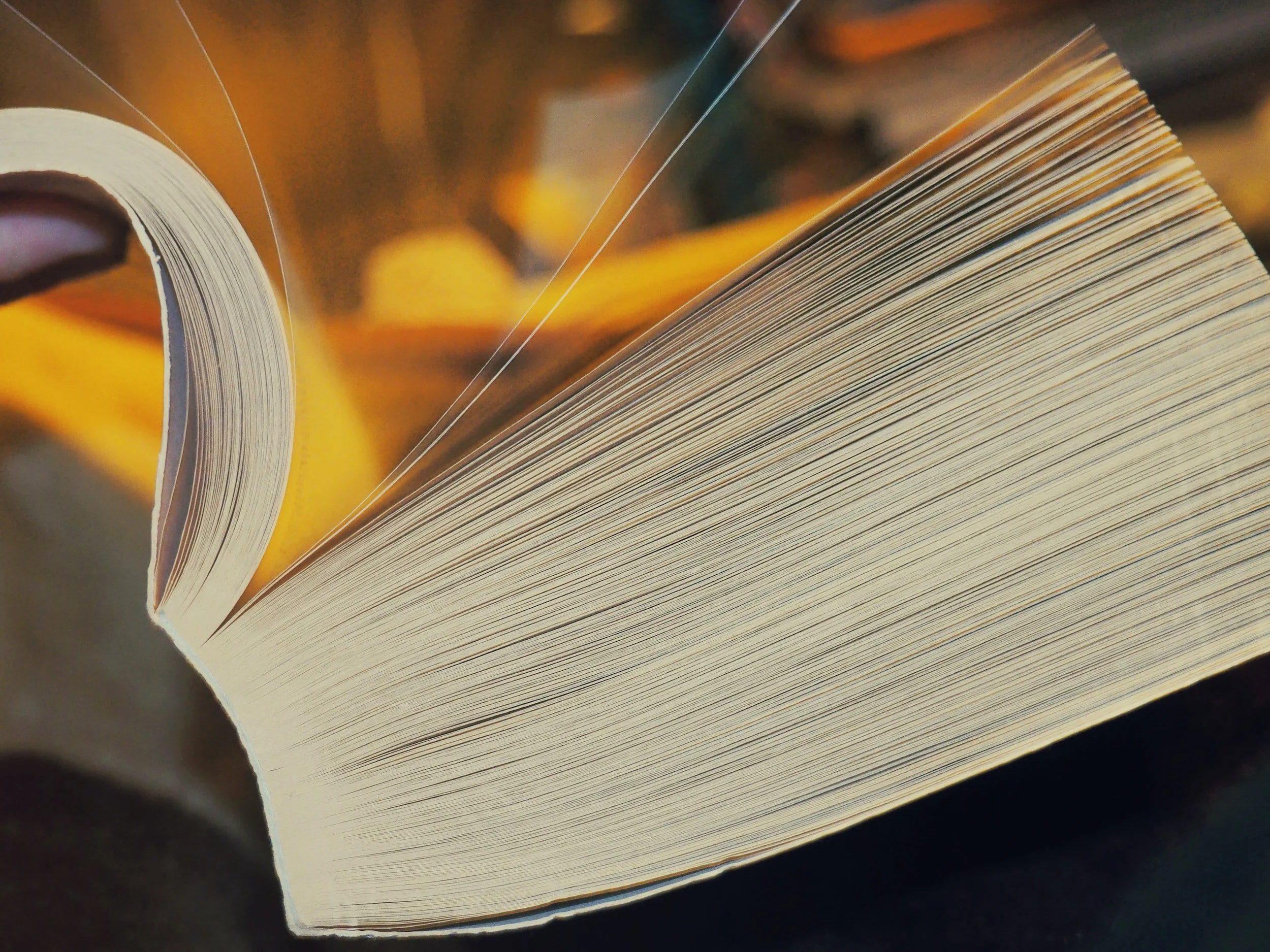by Heather Doyle Fraser
When I tell people that I read for pleasure at night after a day of working with authors on their books and also writing for myself, they look at me in disbelief. It’s true, though. I adore books. I adore story. I adore witnessing a voice in its fullness. But more than anything, I adore the relationships I cultivate when I am reading.
I have a very ingrained nighttime ritual that includes reading for pleasure every night. No matter what (or almost always no matter what). Even on the nights when I have a late gig (I am in a band so occasionally, I don’t get home on the weekends until after midnight). Even when I am tired. The length of time that I read isn’t always the same – sometimes I read for ten minutes, sometimes my reading session lasts for more than an hour. But it is always there ushering me out of my day filled with people’s needs and project needs, and into a quiet space that is only for me.
When I talk about this reading practice of mine, some think I am exaggerating. Others comment that the minute they go to their bedroom, they simply can’t keep their eyes open. All of this is completely reasonable and understandable. What they don’t know is that reading is my love. I crave the haven it provides me. I crave the relationship I feel with the content, the story, the characters, the flow of ideas, the pace of the words on the page. It’s all about the relationship for me, and it sustains me and gives me hope when everything else feels difficult and hard.
I started reading early on, and once I began, I never replaced it with something new. My dad read to me before bed before I could read on my own, and even after that. Some of our favorites were the books in the Wizard of Oz series (there are fourteen books in the series) by Frank L. Baum, Under the Lilacs by Louisa May Alcott, and The Last of the Really Great Whangdoodles by Julie Andrews (yes, that Julie Andrews). My sister and I would curl up on either side of my dad on my parent's bed, and he would read. It felt safe, and I felt seen – not just in the stories but also by my father. It was a quiet place where I could revel in wonder and dream, and I could also share that with my dad. My sister often fell asleep, but I was all in, and it wasn’t difficult to plead for another chapter and have that wish granted.
As I grew, I continued reading in my own bed at night before turning out the light. Later in my teen years, I used that time for writing, too. So, this bedtime ritual I currently have isn’t something new. It’s more than a habit at this point in my life. It is a way of life. Reading, story, authors, have always been there for me even when I wasn’t showing up for myself or when I didn’t feel supported in this challenging world.
In order to be a good writer, you must be a good reader. This means first and above all that you read. Books. And I highly recommend reading books in multiple genres because it stretches you. Oh, and as a bonus, it is immensely fun and rewarding!
When you read different genres and don’t stick to the one where you feel most comfortable, you begin to see the connections of story among all of them and how story works whether you are writing a creative personal essay, non-fiction, poetry, short story, memoir, long-form contemporary fiction, young adult fiction, fantasy… the list could go on and on as you know, but we’ll stop right here.
One of the genres that I ask my clients to read first alongside whatever they naturally gravitate towards is poetry. (I can feel some of you rolling your eyes, and that is ok! Stick with me for just this paragraph.) In poetry, we discover that an economy of words doesn’t mean we can’t express ourselves. Poetry provides some constraint for the writer, and that is just what we need sometimes.
I challenge you to slow down and read some poetry today and see how it feels as it seeps into your soul. Allow your compassion to come into the space with you as you meet your emotions, for they will come up. Then, allow your curiosity some space and room to breathe: What do you notice about the author’s voice, pacing, or other writerly techniques? What do you notice as you look at how you relate to the piece?
If poetry is new to you and you don’t know where to start, I’m going to suggest Mary Oliver. There is a collection of her work in a book called Devotions: The Selected Poems of Mary Oliver that I promise will not disappoint you.
In one of her most famous poems, Summer Day, Mary Oliver begs a question,
Tell me, what is it you plan to do
with your one wild and precious life?
The answer for me is easy to identify but takes a lifetime of care and intention to cultivate: build relationship – with myself, with story, with kindred spirits, with character, with voice, with authors, with books, with life.
What will you do?

